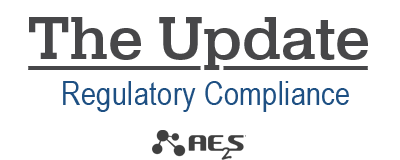The U.S. Environmental Protection Agency (USEPA) has issued guidance clarifying the application of Clean Water Act (CWA) permitting requirements to groundwater. USEPA’s Interpretative Statement concludes that Congress excluded releases of pollutants to groundwater from the CWA’s permitting requirements, and instead, left the regulation of those releases to other statutory authorities of the States and USEPA.
The USEPA’s new guidance recognizes the leadership role by States in protecting groundwater and provides certainty to States and others who implement and enforce USEPA’s Federal permitting programs. The USEPA says States should continue to take an active role in regulating discharges to waters within their jurisdictions, as provided in State law and envisioned under the CWA. USEPA says it will continue fulfilling its role in protecting groundwater and hydrologically connected surface waters as authorized by Congress through the Safe Drinking Water Act; the Resource Conservation and Recovery Act; and the Comprehensive Environmental Response, Compensation, and Liability Act.
In conjunction with issuing its Interpretative Statement, the USEPA is seeking additional public input via the Federal Register. The comment period closes on June 7, 2019.
Guidance Issued on Clean Water Act Permitting Requirements

